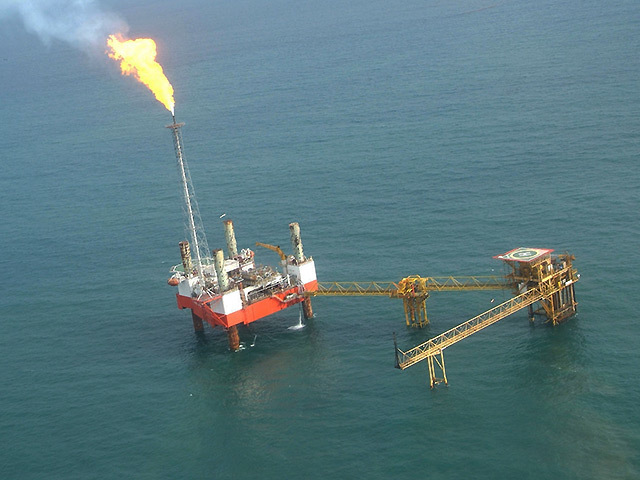
The Nigerian economy – Africa’s largest – is officially in recession.
The country’s gross domestic product declined by 2.06% in the second quarter of the year, according to data released.
The oil-and import-dependent economy also declined by 0.36% in the first quarter.
Nigeria has been hit by low petroleum prices, attacks by oil militants and foreign currency shortages.
The bleak data was due mostly to a sharp contraction in the oil sector due to huge losses of crude production resulting from vandalism and sabotage, said an economic adviser to President Muhammadu Buhari.
Estimated oil production was put at 1.69 million barrels per day, down by 0.42 million barrels per day from the first quarter, in new data from the National Bureau of Statistics.
Nigeria’s non-oil sector also declined by 0.38%, and analysts stressed that the country’s problems are broader than oil.
“More important than the headline number is the fact that almost all key sectors of the economy are now struggling,” said John Ashbourne, Africa economist at London-based Capital Economics.
Many of the declines, apart from the oil sector, were due to Nigerian government policy, said Mr Ashbourne.
Mr Buhari was criticised for insisting the Central Bank defend the naira at a fixed rate of 197 to the dollar before finally floating the currency in June.
Mr Ashbourne also cited import restrictions that harmed manufacturing and foreign exchange policies that have discouraged investment.
The 647.1 million dollars of capital imported into Nigeria during the second quarter, a provisional figure, “would be the lowest level of capital imported into the economy on record,” said the statistics bureau.
While the economic retraction may ease in the third quarter, it is likely to “continue to shrink over the duration of this year,” said Mr Ashbourne.
It is the West African country’s first recession since 1991, according to Central Bank data.
Recommended for you
